The Next Mayor Will Be From Brooklyn, And Other Takeaways From Tuesday’s Primary

A winding and contentious primary election season came to a rainy end yesterday, as Brooklynites and New Yorkers across the city headed to the polls to cast their vote for primaries in a range of citywide elected offices.
A total of 750,000 Democrats and 51,000 Republicans voted across the city yesterday and across nine days of early voting. That was higher than the last city election with a competitive Democratic primary for mayor, in 2013, when 691,801 Democratic voters cast a ballot.
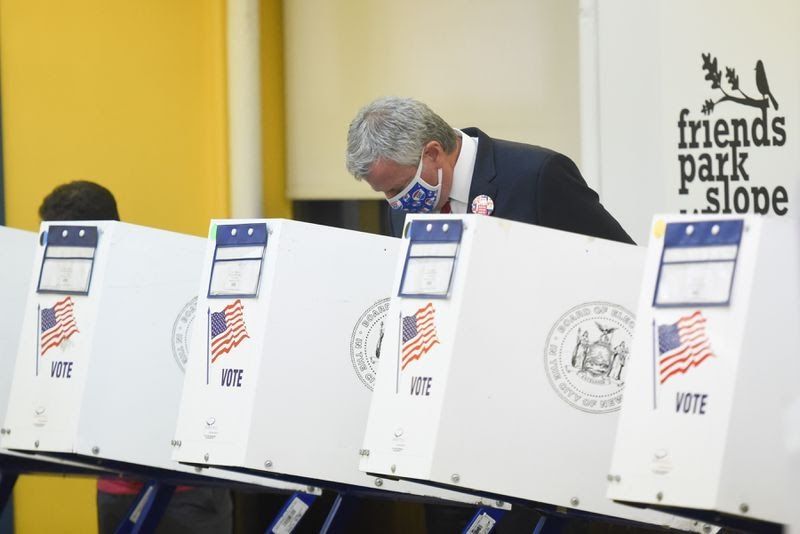
283,392 of this year’s Democratic primary votes were cast by Brooklynites, while a mere 2,975 Brooklyn Republicans voted.
New York City has about 3.4 million active registered Democratic voters and only 500,000 Republican ones, which means that most (but not all) elections were effectively decided in the Democratic primaries, rather than the November general election.
But with many absentee ballots not yet counted and the multi-layered outcomes of the city’s new ranked-choice voting system still being tabulated, the final outcome of many races has yet to be determined.
Under the new voting system, a candidate wins immediately if they received more than 50% of first-choice votes. If no candidate wins that much, votes will be tallied in rounds, with the candidate with the fewest votes eliminated and voters’ second choices counted instead.
Here are some highlights from the results so far:
Adams Dominates in Large Swathes of Eastern Brooklyn
Brooklyn Borough President Eric Adams captured the largest share of primary votes last night, putting him in a strong position to win, though his victory is still not guaranteed. The BOE’s unofficial election night results included only in-person, first-choice votes.
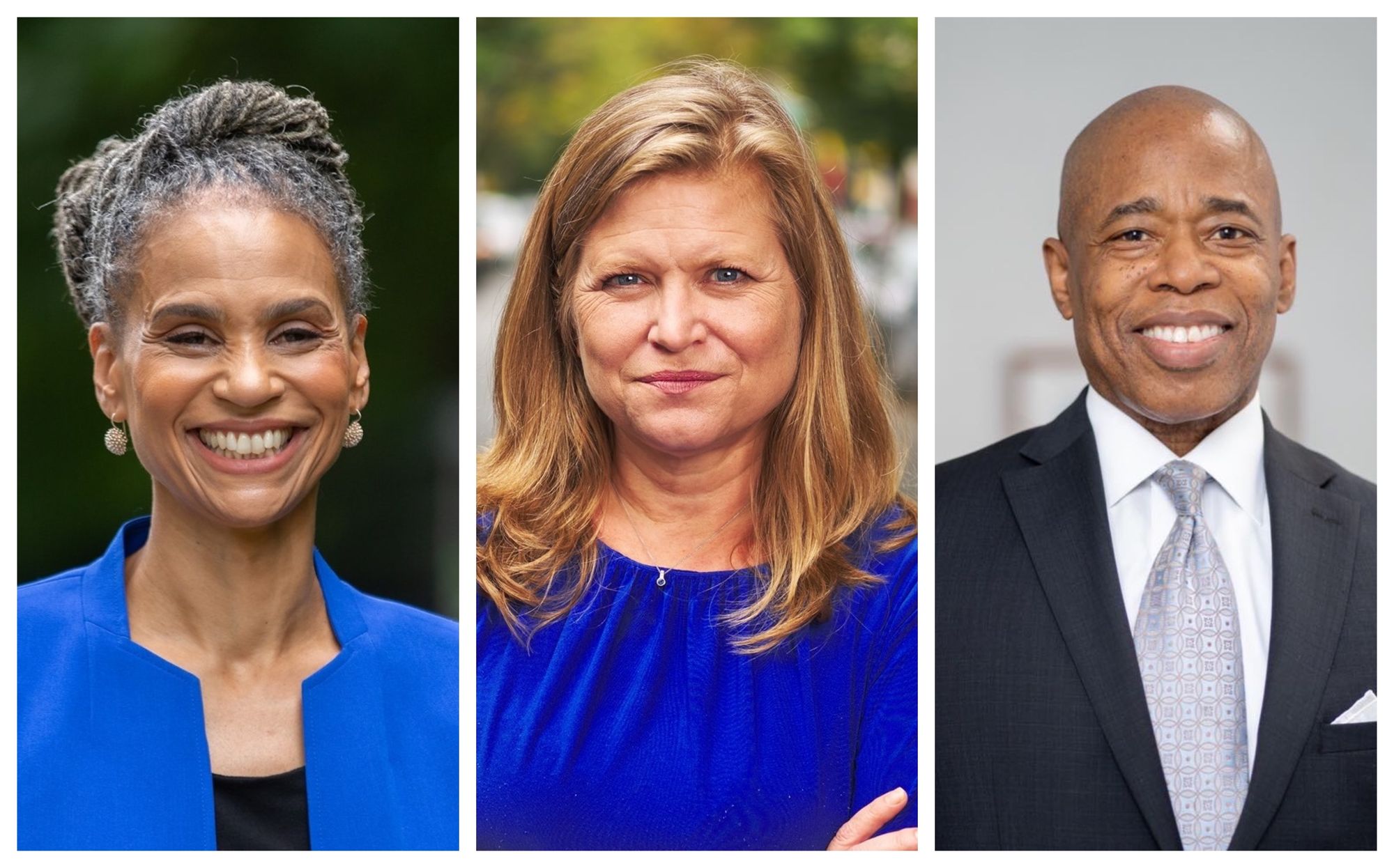
Candidates from Brooklyn took all top three spots - Adams captured about 31.66% of first-choice votes counted so far, Maya Wiley and Kathryn Garcia snagged 22.22% and 19.48% of the vote, respectively. One-time frontrunner Andrew Yang earned 11.66% of the vote and formally conceded the race last night.
A map created by Steven Romalweski for the CUNY Graduate Center of unofficial first round primary results shows how different Brooklyn neighborhoods supported candidates: Adams dominated in many predominantly-Black eastern Brooklyn neighborhoods, Wiley won much of north Brooklyn and Bed-Stuy, and Yang had a strong showing in areas with high concentrations of Orthodox Jewish and Asian residents.
Antonio Reynoso Posts a Strong Showing for Brooklyn Borough President
North Brooklyn Council Member Antonio Reynoso had an early lead over his closest competitors, Bed-Stuy Council Member Robert Cornegy Jr. and western Brooklyn State Assembly Member Jo Anne Simon, in the contest to replace Adams as Brooklyn Borough President.
Reynoso, who positioned himself as the most progressive candidate in the race, took 28.49% of first-choice votes in the latest tallies. The more moderate, business-friendly Cornegy scored 18.92%, and Simon, also a left-leaning candidate, earned 18.61%.
"For two years, we’ve built a broad and diverse coalition, and we grew our support by talking about the issues that matter to Brooklyn’s working families, from affordable housing to equitable schools to jobs to safety and police reform," Reynoso said in a statement Wednesday afternoon. "As we wait for every vote to be counted, I am confident that our lead will grow, I will win, and then we begin the hard work of rebuilding a fairer, stronger Brooklyn for all of us."
Brooklyn Progressive Brad Lander Looks Strong in Comptroller Race
Though most polls showed City Council Speaker Corey Johnson cruising to victory in the race to replace Scott Stringer as city comptroller, early results bode well for Brooklyn Council Member Brad Lander, who positioned himself as the progressive in the race and had support from Alexandria Ocasio-Cortez, among others.
Lander picked up 31.31% of the first-choice votes counted so far, outpacing Johnson’s 22.54%.
Another map from the CUNY Graduate Center shows Lander dominating in his former brownstone Brooklyn Council district as well as in north Brooklyn. Orthodox Jewish neighborhoods in Borough Park and Midwood backed the more moderate David Weprin, a state assembly member from Queens, while Johnson picked up votes in the eastern part of the borough.
A Newcomer and an Incumbent Cruise to Easy Council Victories
Jennifer Gutierrez dominated the contest to succeed Reynoso in his current Council seat, which represents District 34 and includes parts of Bushwick, Williamsburg and Ridgewood. Gutierrez, who worked as Reynoso’s chief of staff, took 79.74% of first-place votes, far more than her closest rival, Revel-employee Scott Murphy, who earned 8.41% of the votes cast so far.
That margin was enough for the New York Times to declare her the race’s winner, even before absentee ballots were counted.
“I’m so honored,” Gutierrez tweeted after the numbers were released. “I’ll make you proud.”
Elsewhere in the borough, incumbent Council Member Farah Louis, who represents East Flatbush along with parts of Midwood and Flatlands in the 45th District, also cruised to victory. She earned 75.57% of the votes tallied so far; her closest competitor, activist Anthony Beckford, won just under 20% of the vote.
Prospects Look Dim for Two East Brooklyn Incumbents
Two incumbents in the borough’s eastern section appear to be on the verge of defeat.
In the Council’s 41st District, which includes parts of Brownsville, Bed-Stuy, East Flatbush, and Crown Heights, current officeholder Alicka Ampry-Samuels was trailing challenger Darlene Mealy, who previously held the seat, 42% to 57%.
Turnout was slightly higher than in 2017, when Ampry-Samuel first won the seat. That year, 11,780 voters cast ballots in the Democratic primary; this time around, 13,441 voters cast ballots, not including yet-to-be-counted absentee votes.
Mealy, who represented the district for three terms before she was forced out by term limits in 2017, was once rated the worst Council Member in the city by the outlet City & State; she had among the worst attendance records in the Council and didn’t introduce a single bill in 2016. Ampry-Samuel, meanwhile, had overwhelming support from the city’s unions in this race.
But that apparently wasn’t enough to overcome Mealy’s deep name recognition and community ties. Ampry-Samuel’s campaign declined to comment on the race to Bklyner. Mealy did not immediately respond to a request for comment. But on her personal Facebook account, she posted celebratory photos with a caption that thanked supporters and said “this is just the beginning.”
The future also looks dim for Council Member Darma Diaz, who won the office for District 37 in a special election last year after four challengers were kicked off the ballot on technicalities. The district includes Cypress Hills, Bushwick, and other east Brooklyn neighborhoods.
This time around, progressive challenger Sandy Nurse has claimed 51.58% of the vote counted so far, compared to a paltry 24.04% won by Diaz, who was backed by the Brooklyn Democratic Party. If Nurse manages to hold onto at least 50% of the vote when absentee ballots are counted, she may be able to avoid the ranked choice process altogether.
One DSA Candidate Surges, While Two Others Trail
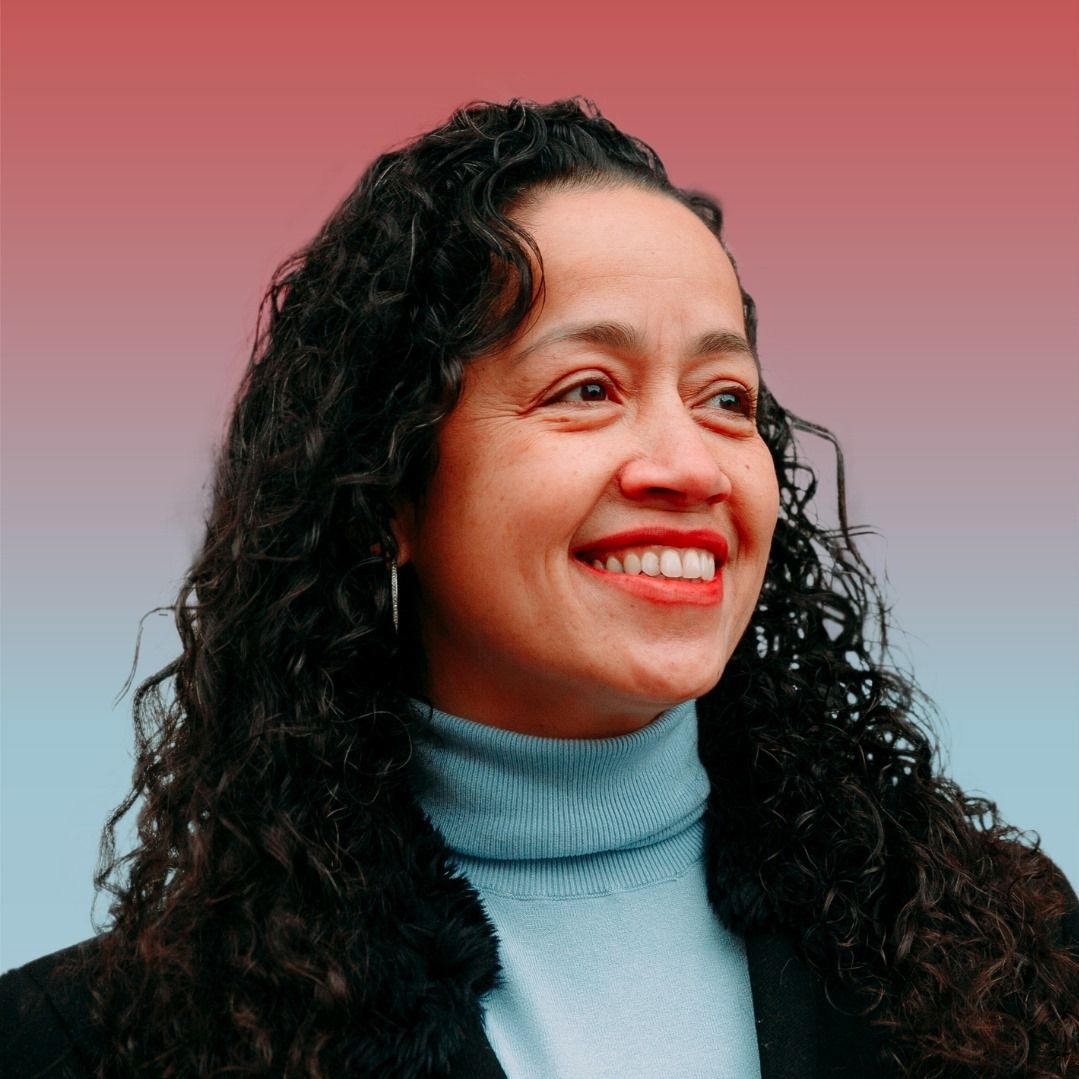
The NYC Democratic Socialists of America backed three Brooklyn Council candidates this year, after a string of successes in state legislative contests in 2020.
This time around, early results look more mixed. In Council District 38, which includes Sunset Park, Red Hook, and some adjacent areas, DSA-backed Alexa Áviles seems poised for victory; she earned 43.46% of the first-choice votes counted so far.
Conservative Yu Lin, the only Asian candidate in this district, which includes the borough’s largest Chinatown, picked up 18.58% of the vote. No other candidate has surpassed 13% so far.
In perhaps the most closely-watched Council race in the city, District 35, DSA-backed tenant organizer Michael Hollingsworth is trailing Crystal Hudson, a former staffer for outgoing incumbent Laurie Cumbo. Hudson, who had the support of political heavyweights like Congress Members Hakeem Jeffries and Yvette Clarke, picked up 38.49% of the first-choice votes counted so far, compared to 34.45% for Hollingsworth.
“The initial votes are in, and while we wait for the full ranked-choice voting process to be carried out, we feel good about our victory in this race,” Hudson said in a statement Wednesday morning.
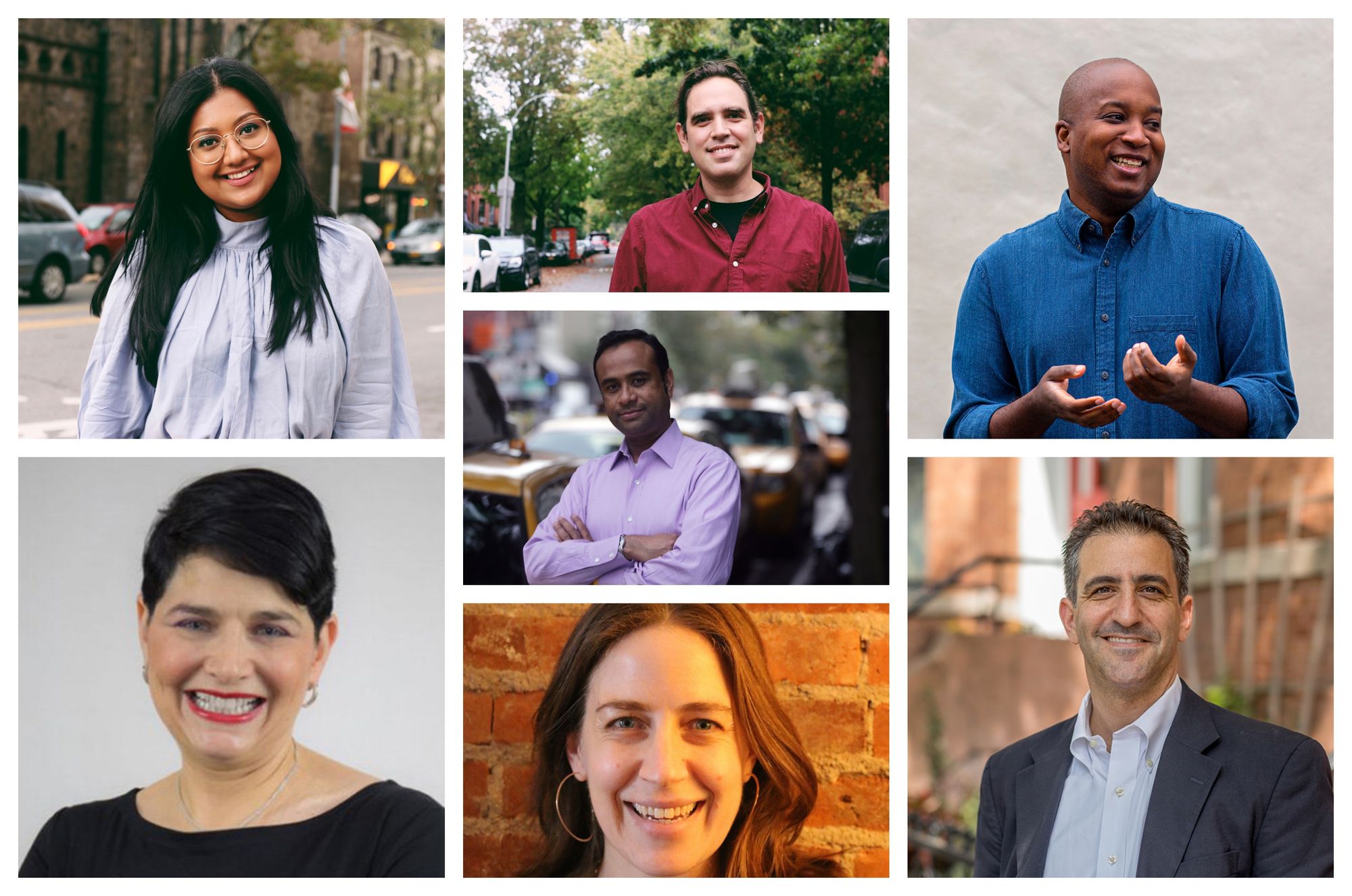
In Council District 39, which stretches from Cobble Hill through Park Slope to Kensington, DSA-backed Brandon West trailed nearly 10% behind Shahana Hanif, another progressive who worked for outgoing incumbent Council Member Brad Lander. Hanif had 32.42% of the first-choice votes counted so far, while West picked up 22.52%.
“No matter what happens at the end of this, we don’t stop fighting,” West said in an email Wednesday morning. “Victory doesn’t mean the fight is over; we amplify our efforts from the inside. A loss doesn’t mean a defeat; we go back out into the streets, and we make noise.”
The Reformer’s Pick for Surrogate’s Court Trounces Her Party-Backed Competitor
State Supreme Court Justice Rosemarie Montalbano defeated Civil Court Judge Dweynie Paul in the contest for an open judicial seat on the Kings County Surrogate Court. The win was a victory for reformers over the Brooklyn Democratic Party, which exerts significant influence in many judicial elections.
Montalbano declared victory Wednesday morning; with nearly 97% of in-person votes counted, she led Paul 62.2% to 37.25%. Judicial races are governed by state election law, so ranked-choice voting is not in effect.
The Surrogate’s Court handles wills and estates and has been plagued by scandal and political patronage for years, in part because of the Surrogate’s power to name the Public Administrator that oversees estates of those who die without wills. The job has often gone to those with connections to the Brooklyn Democratic Party.
Montalbano has expressed support for a state reform bill that would move appointment power for the position from the judges to the mayor, and earned the backing of many reform-minded and progressive political clubs in the process. Paul, who had the backing of the party, did not support the measure.
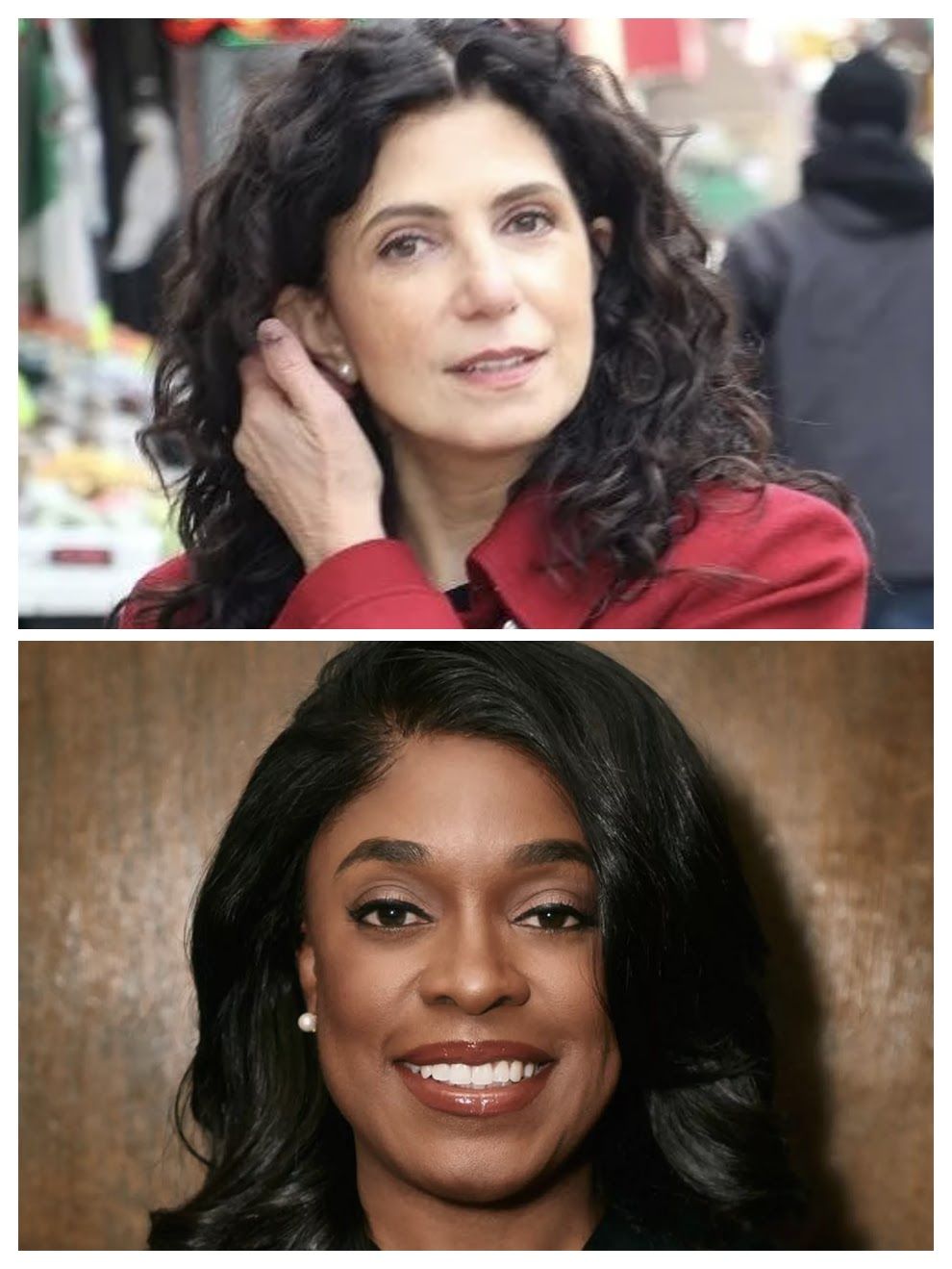
“I am extremely honored that I was overwhelmingly chosen by the people of Brooklyn to serve as one of their Surrogate Court judges,” Montalbano said in a statement. “It’s extremely encouraging that my message of fairness and reform resonated with so many ethnic, geographic, and ideological lines. I believe that honesty, integrity, and fairness are values that we all share.”





